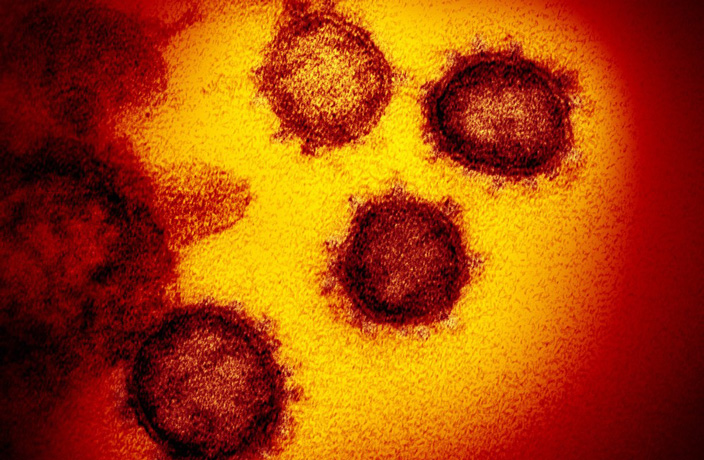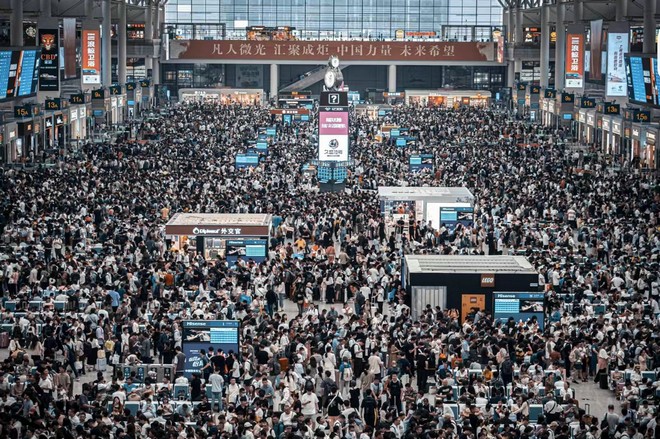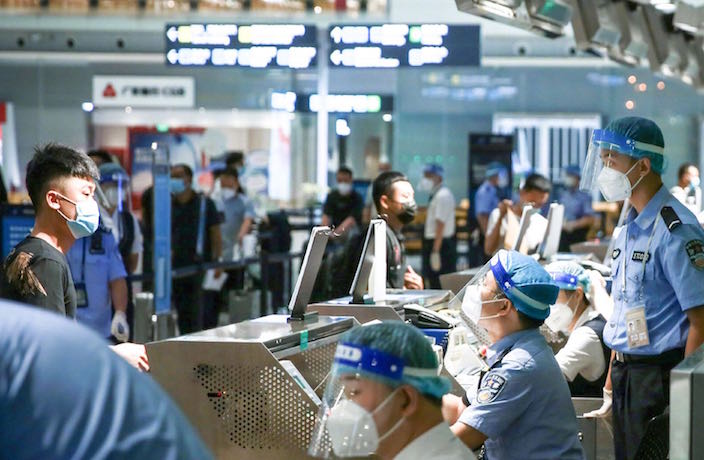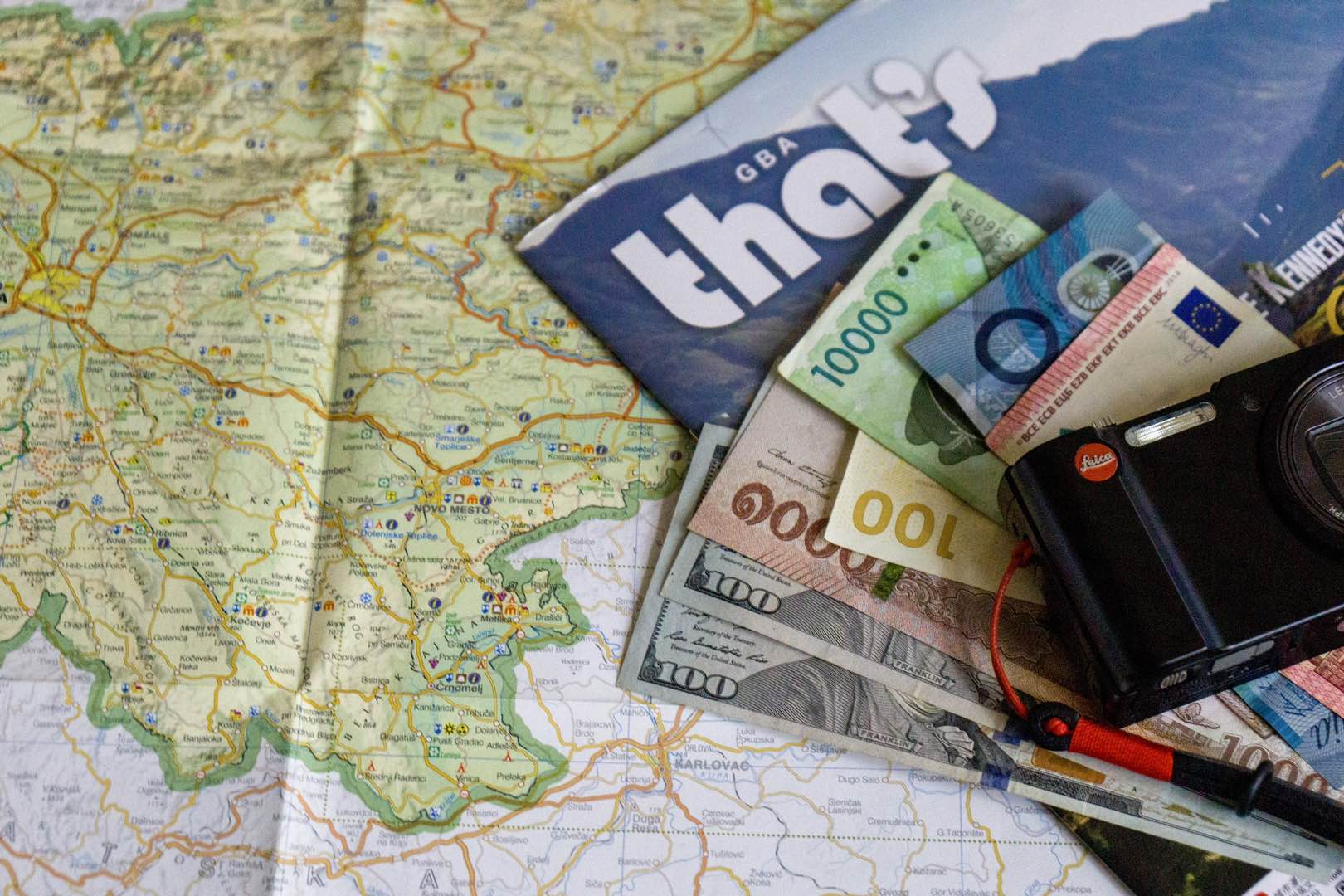It says a lot about the current situation in China when you hear that the National Health Commission is holding a press conference at 3pm and you start to get all giddy with excitement.
It reminds us of Christmas Day as a kid, were we on the naughty list? Will we be waking up to a lump of coal in the shape of new COVID-19 restrictions in our stocking? Or will a whole heap of relaxations wrapped in a pretty bow be piled high under the tree?
Well, this year we have been very, very good and there are 10 (yup, TEN!) adjustments to the current epidemic prevention and control measures, including a relaxation on health code checking and the allowance of infected persons to isolate homes.
So long quarantine facilities, we will not miss you!
Check out the adjustments below.
1. Risk Areas Parameter Confined to Buildings and Specific Floors
High-risk areas should only be determined by building, unit, floor or individual apartment. Authorities can not expand a high-risk area at will to include an entire residential community, neighborhood or district, etc.
That means, if your building has a positive case, the floor that case it is on will be closed, but the rest of the building can continue as normal.
2. Health Code and COVID Test Checks
Nucleic acid testing will still be carried out in high-risk areas. However, aside from nursing homes, medical institutions, kindergartens and primary and secondary schools, etc. any other venue, establishment or public place will no longer check for a COVID test OR check health codes.
Some important government offices, large enterprises and special venues may decide on their own anti-epidemic policies in accordance with local authorities.
Furthermore, if you go traveling in China, your destination will not check your health code or if you’ve completed a COVID test.
Whether or not your point of departure will still check for a COVID test or your green code was not announced.
3. Infected Persons Can Isolate at Home
Infected persons – including asymptomatic and those with ‘mild’ symptoms – can isolate at home or choose to isolate in a designated facility.
During the period of home isolation, health monitoring will be strengthened and tests will be carried out on days six and seven. If both tests return negative, said person is free to leave!
If conditions have worsened, the patient will be transferred to a designated hospital.
Close contacts will also be able to isolate at home for five days or voluntarily isolate in a designated facility.
4. Implement ‘Quickly Lockdown, Quickly Release’
High-risk areas (now only defined to specific floors and rooms in buildings) will be released from ‘static management’ after five consecutive days where no new cases are recorded.
5. Ensure the Public Has Access to Medicine
Pharmacies everywhere should operate normally and should not be shut down at will. People should not be restricted from buying over-the-counter medicines both online and offline.
6. Vaccinate the Elderly
All localities should adhere to the principle of "do everything possible," in order to improve the vaccination rate of people aged 60-79 and people aged 80 and above.
This includes the establishment of green channels for the elderly, temporary vaccination points, mobile vaccination stations and other measures to optimize vaccination services.
7. Strengthen the Health Status of Key Populations and Classification Management
Grassroots medical and health institutions and family doctors will be given a full role as the ‘gatekeepers of health.’
They will ensure whether it is safe to vaccinate elderly people suffering from cardiovascular and cerebrovascular diseases, chronic obstructive pulmonary disease, diabetes mellitus, chronic kidney disease, tumor, immune deficiency and other diseases in this jurisdiction.
8. Ensure the Normal Operation of Society and Basic Medical Services
Non-high-risk areas shall not restrict the movement of personnel and shall not stop work, production or business.
Medical personnel, public security, transportation and logistics, commercial, health care providers, water, electricity, heating and other basic medical services and normal social operations personnel should ensure personal protection, get vaccinated and monitor their own health.
The supply of normal medical services and basic living materials including water, electricity and heating, will do their best to ensure and maintain normal production and work order and problems raised by the people should be resolved in a timely manner and effectively meet the basic living needs of the people during the handling of the epidemic.
9. Strengthen COVID-related Security
It is strictly forbidden to block fire passages, unit doors and community doors in various ways to ensure that people go out to see a doctor for medical treatment and emergency shelter.
Furthermore, authorities should promote the establishment of a docking mechanism between communities and specialized medical institutions to provide medical facilities for elderly people living alone, minors, pregnant women, the disabled, and patients with chronic diseases.
Strengthen the care and psychological counseling for the closure and control of personnel, patients and front-line staff.
10. Further Optimize the Epidemic Prevention and Control Work in Schools
Schools across the country should resolutely implement the requirements for scientific and precise prevention and control.
Schools without the epidemic should carry out normal offline teaching activities and shops, canteens, stadiums and libraries on campus should be opened normally.
Schools with confirmed cases should accurately delineate risk areas and normal teaching and living order should still be ensured outside the risk areas.
For all the latest GBA (and China) COVID-19 news, follow us on WeChat:

[Cover image via NIAID-RML]






















0 User Comments